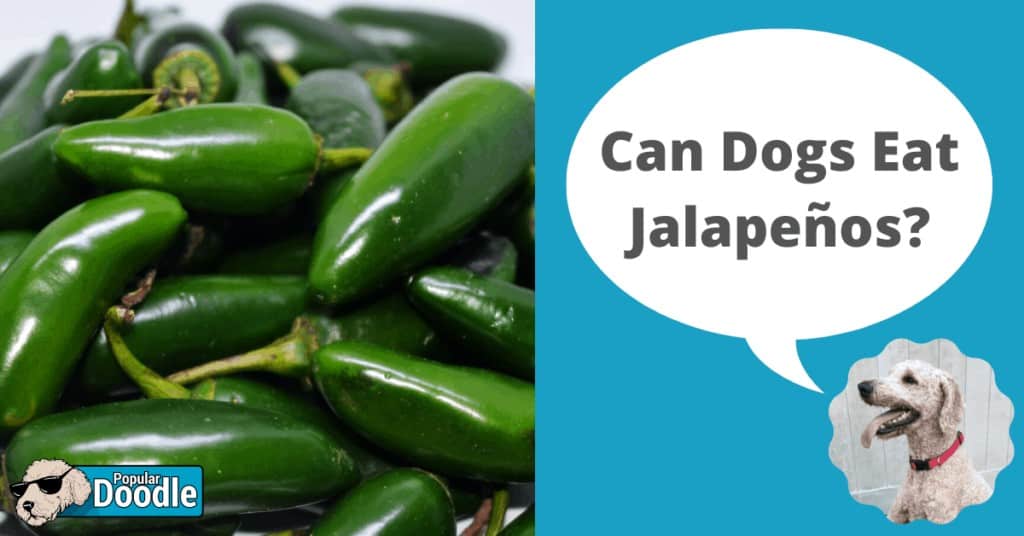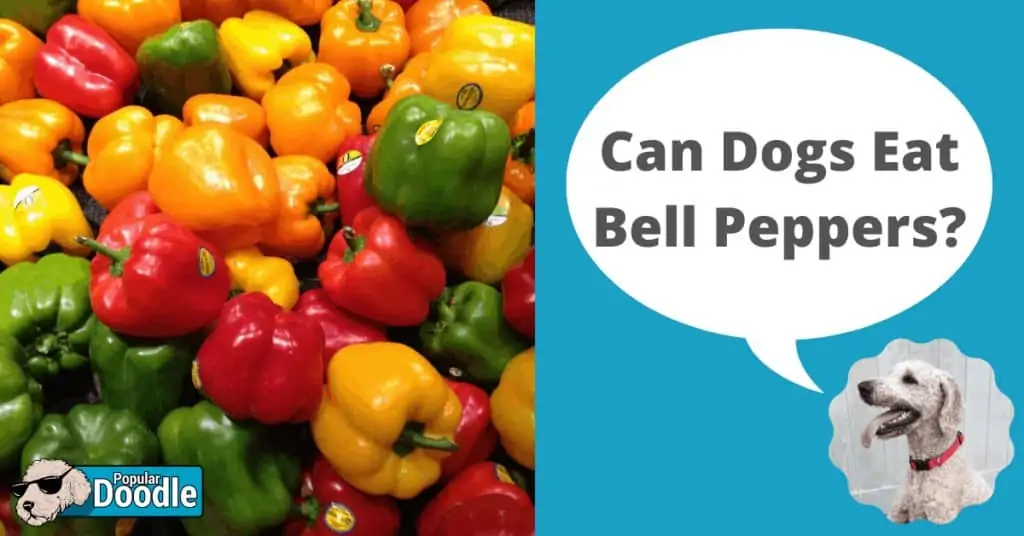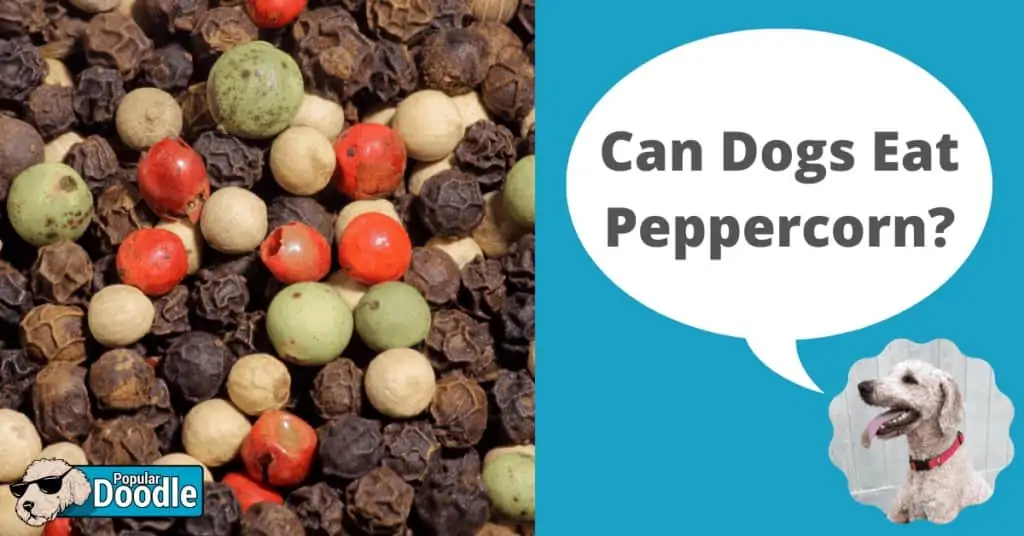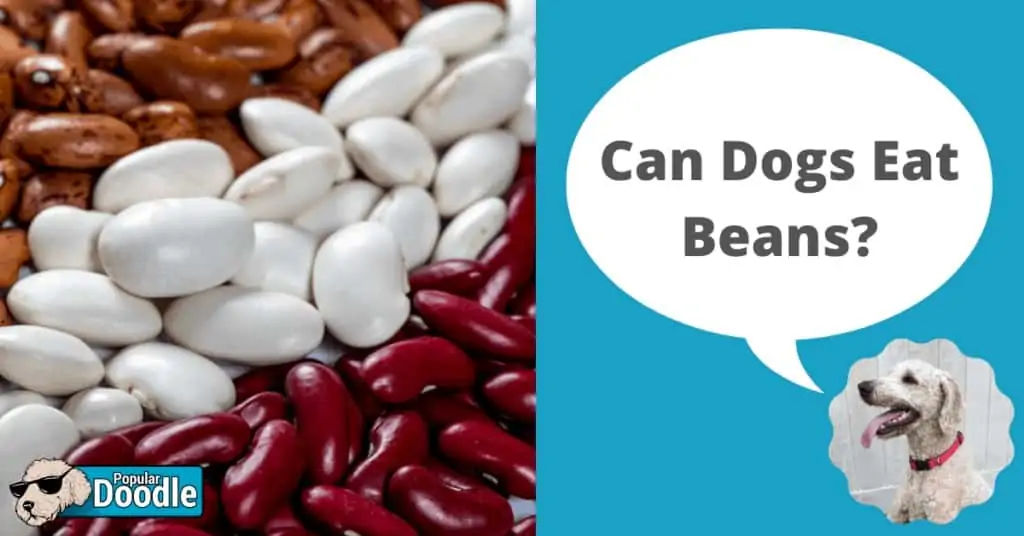
Jalapeños have a distinct niche of enthusiasts. Different people prefer different levels of spiciness and different peppers contain different amounts of spiciness. Despite what some may think, the jalapeño is considered a mild to moderate pepper! Some people hate the taste of spicy food and wouldn’t dare eat a jalapeño, but others love anything spicy and nearly drown their meals in hot sauce. If you’re a huge fan of spiciness, you may be curious to know if dogs enjoy spicy foods as well. Before sharing a bite of jalapeño, as a responsible pet parent you’re probably wondering, can dogs eat jalapeños? Are jalapeños bad for dogs? Read on to find out!
Can Dogs Eat Jalapeños Safely? (The Short Answer)
No, dogs should not eat jalapeños. Jalapeños contain capsaicin which is an irritant to dogs that can result in an upset stomach that progresses to vomiting and diarrhea. Jalapeños aren’t toxic to dogs, so there is no need to panic if your dog does happen to eat one, however it’s strongly discouraged for your pup’s wellbeing.
It’s important to remember, that even with the best of intentions, accidents happen and dogs can easily eat things they shouldn’t. Unfortunately, even if those accidents aren’t fatal, they can result in huge, unexpected veterinary expenses. That’s why we recommend all responsible dog owners get a free, online pet insurance quote from Healthy Paws.
Are Jalapeños Good For Dogs?
We’ve already answered the question, “can dogs eat jalapeños?” Now, let’s learn about the benefits of feeding your dog this food! Are jalapeños good for dogs?
No, jalapeños really aren’t good for dogs. They’re not toxic, and a few dogs may actually enjoy them without negative side effects, but it’s better to not allow your dog to have any because of the significant irritation they can cause to the digestive system.
Humans and dogs have completely different taste pallets. To put this into perspective, dogs have around 1,700 taste buds on their tongue where we humans have around 9,000! The quantity of tastebuds is directly correlated with the amount of sensitivity to different tastes. The more tastebuds, the more tastes one can distinguish between. Shockingly enough, some studies show that for dogs, smell is so much more important than taste that dogs can’t completely distinguish between eating chicken or beef on taste alone. That being said, jalapeños have a scent that might make your dog turn up his nose, and he may not even want to try it because he doesn’t like the smell and doesn’t think it is appealing. Additionally if you think you’re incorporating a fun, new taste into your dogs diet, you’re probably doing more harm than good. Your pet will be unable to experience the full flavor and will later suffer from digestive complications.
Any nutritional value that humans could gain from jalapeños wouldn’t be worth the risk to give your dog. Dogs shouldn’t need to gain vitamins and minerals from outside sources anyway as they should already be contained within their normal diet. The risk of significant digestive distress vs the reward of a few vitamins or minerals simply isn’t worth it.
Are Jalapeños Bad for Dogs?
We’ve already answered the question, “can dogs eat jalapeños?” Now, let’s learn about the dangers of feeding your dog this food! Are jalapeños bad for dogs?
Yes, jalapeños are bad for dogs. Jalapeños would contribute very few health benefits to dogs, and are more likely to do more harm than good. They’re considered bad for dogs because dog’s don’t generally tolerate spicy foods well due to the capsaicin that is in them being an irritant to canines.
If you’re here because your dog snatched a piece of jalapeño off the floor before you could grab it, you do not need to panic. Jalapeños aren’t toxic to dogs like some other human foods are. Jalapeños are just highly discouraged as a good to intentionally give your dog. Your pup may encounter a significant episode of an upset stomach, including vomiting, diarrhea, or other signs of discomfort. If these signs continue, you should contact a veterinarian.
Other Varieties & Related Foods:
Can Dogs Eat Jalapeño Peppers?
No, dogs should not eat jalapeño peppers. Jalapeños are a spicy food that can cause your dog’s stomach to go into a lot of distress, resulting in uncomfortable side-effects including vomiting and diarrhea. In general, spicy foods contain capsaicin that is irritating to the digestive tract in most dogs.
Can Dogs Eat Cooked Jalapeños?
No, dogs should not eat jalapeños whether they are cooked or not. Despite how they’re prepared, jalapeños contain capsaicin which is an irritant to dogs, and can cause the digestive issues that have been previously explained.
Are Pickled Jalapeños Safe for Your Pup?
No, dogs should not eat pickled jalapeños. In general, pickled foods are not safe for dogs. They contain added sugars, spices, and salt—all of which are not healthy additions to your dog’s meals. For more information on pickled foods, check out our article: Can Dogs Eat Pickles? Specifically for pickled jalapeños, many recipes contain garlic as a main ingredient. Garlic is toxic to dogs, so this makes it even more dangerous.
In Conclusion: Can Dogs Eat Jalapeños?
While this food is not toxic and won’t cause life threatening problems if accidentally ingested, it can still create some dissatisfying outcomes. Ingestion can cause side-effects such as a general feeling of being unwell, vomiting, and diarrhea. There are many other vegetables that you can share with your pet, so it’s best to keep this one off the list.
Want to Learn More?
Check out these related articles from our “Read Before You Feed” series for more advice on safe foods for dogs!
- Can Dogs Eat Bell Peppers?
- Can Dogs Eat Persimmons?
- Are Chestnuts Bad for Dogs?
- Can Dogs Have Okra?
- Can Dogs Eat Grits?
Disclaimer: We are not veterinarians and this article should not be taken as medical or veterinary advice. If you have any questions about your pet’s health or dietary needs, please contact your local veterinarian.








